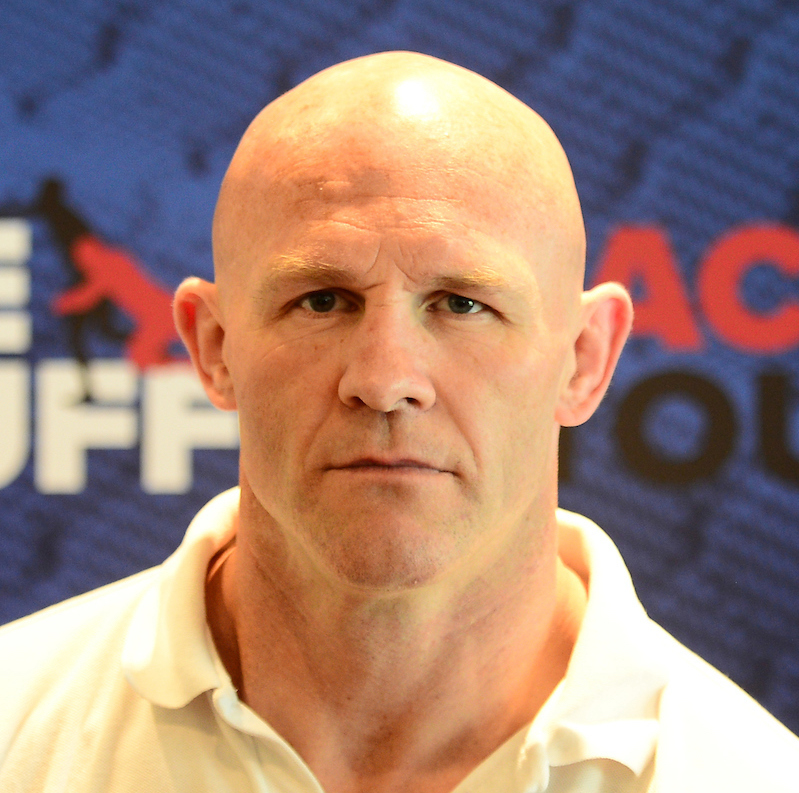The roar of the crowd, the clash of bodies, the thrill of victory – professional rugby is a high-stakes game where every decision, both on and off the pitch, can have a profound impact on your career. But what if a single steak could derail your dreams? That's the chilling reality British tennis player Tara Moore faced in 2022 when a routine doping test turned her life upside down.
Moore's positive test for banned substances sent shockwaves through the tennis world. A rising star, her career was suddenly on hold as she fought to prove her innocence. Her defense? Contaminated meat consumed in South America. After a painstaking investigation, Moore was finally vindicated, but the damage was done. Her ordeal served as a stark reminder that even the most innocuous choices can have devastating consequences.
Lessons from the locker room: your body, your responsibility
For elite rugby players, Moore's story is a cautionary tale with far-reaching implications. Your bodies are finely tuned machines, honed through countless hours of training and dedication. But maintaining peak performance requires more than just sweat and grit. It demands a meticulous approach to everything you put into your body.
Supplements, medications, even the food you eat – each can become an unwitting source of banned substances. Contaminated meat, like in Moore's case, is just one example. Unintentional doping can occur through a variety of channels, jeopardising your hard-earned reputation and the career you've built.
Safeguarding your success: a rugby player's dietary playbook
To avoid falling victim to the same fate as Moore, vigilance is key. Here's a comprehensive guide to dietary safety, tailored for the unique demands of elite rugby players:
Know your sources: Thoroughly vet your food suppliers, ensuring they adhere to strict quality standards. When travelling, exercise extreme caution, especially in regions with less stringent regulations. Consider bringing your own food or sticking to well-known, reputable establishments.
Supplement savvy: Don't be fooled by flashy labels or bold claims. Do your research before taking any supplements. Consult with a qualified sports nutritionist or dietitian to determine which products are safe, effective, and compliant with anti-doping regulations.
https://www.ukad.org.uk/supplements-hub
Medication management: If you require medication for any reason, be transparent with your team's medical staff. They can advise on potential interactions with other substances and ensure your prescriptions don't contain banned substances.
https://www.globaldro.com/Home
Trust your gut: If you have any doubts about a food or supplement, don't take the risk. It's better to skip a meal than to jeopardize your career.
Speak up: If you suspect contamination or have concerns about your diet, don't hesitate to voice them. Your health and career are on the line, and your team should prioritise your well-being.
The final whistle
Tara Moore's experience is a sobering reminder that the world of professional sport is fraught with unexpected challenges. But it's also a story of perseverance and the importance of fighting for what's right. By adopting a proactive approach to dietary safety, rugby players can protect their careers, reputations, and ultimately, their dreams.
Remember, your body is your most valuable asset. Treat it with the respect it deserves, and don't let a single bite derail your path to greatness.
Quote
"There is always risk, so learn to manage it rather than avoid it"
- Robert T. Kiyosaki
|
Related Articles

%20(1).jpg)
Racism in Rugby League and Black Lives Matter
Francis Stephenson | August 10, 2022
Huddersfield Giants players Ashton Golding, Michael Lawrence and Jordan ...
Read More

RL Cares statement: rule changes for 2024
Chris Rostron | December 8, 2023
Rugby League Cares welcomes the RFL board’s decision to accept the changes ...
Read More

Rugby League All Stars
Keith Senior | September 19, 2023
The Rugby League All Stars are a team of retired professional RL players ...
Read More